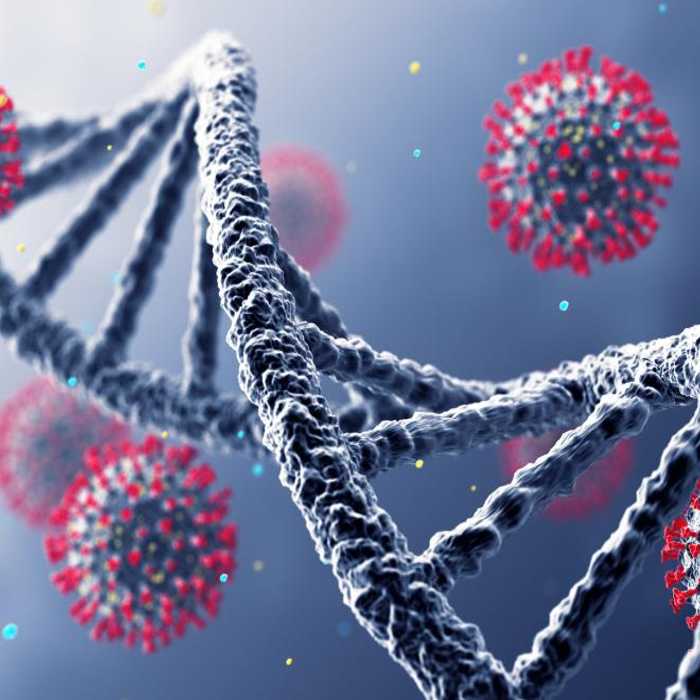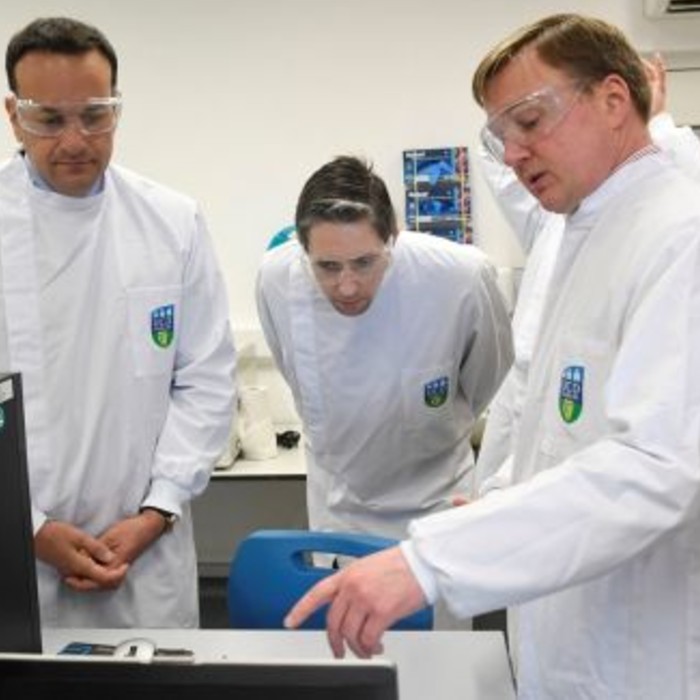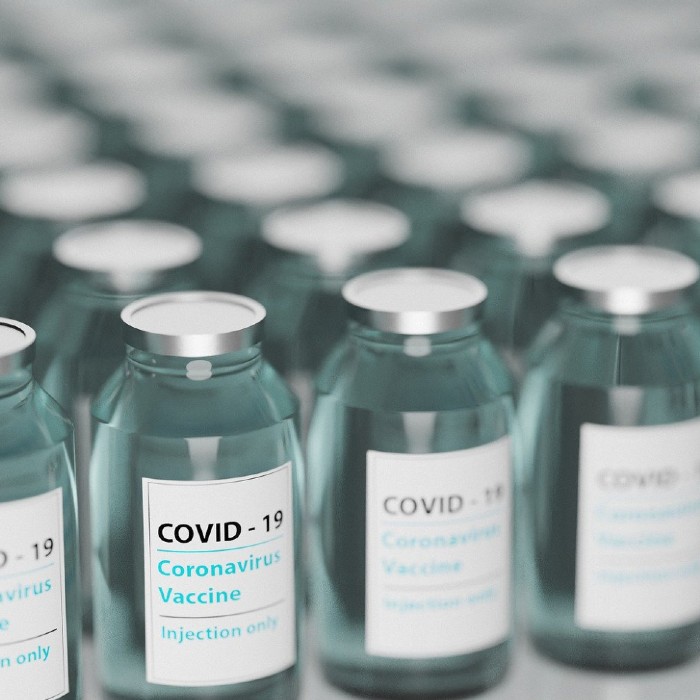Can we predict early in Covid-19 if a patient will become very ill?
Lead Researchers: Professor Paddy Mallon, UCD Centre for Experimental Pathogen Host Research and UCD School of Medicine, and Professor Danny McAuley, Queen’s University Belfast
People who have Covid-19 may have mild symptoms or perhaps no symptoms at all, while others become so ill they need to be treated in Intensive Care Units in hospitals. Some research suggests that this may be due to the biological makeup of the person and how they react to infection, rather than a direct effect of the virus itself. To help understand why some people become more severely ill with Covid-19, Science Foundation Ireland and the Northern Ireland Department for the Economy are funding a new project that will examine samples from people newly diagnosed with Covid-19, and track biological patterns that are associated with severe infection. The results will help doctors to understand how to intervene before people become very ill with Covid-19.
What is the issue?
Some people with Covid-19 infection have severe disease. We know people of older age, and people who have high blood pressure and increased body mass index are at greater risk. But why certain individuals experience more severe disease is unknown, and is not always predictable.
What will the research project do?
This study at University College Dublin will analyse samples from people with early Covid-19 who are part of the All Ireland Infectious Diseases (AIID) Cohort. Researchers will map the biological profiles of people with COVID19, including markers of their immune function as well as inflammation patterns, and match these to how people respond to the infection.
What will the impact be?
The analysis will identify biological markers within individuals early in infection that are associated with more severe Covid-19 disease, and point to ways of identifying early patients at risk of clinical deterioration with the infection.
Professor of Microbial Diseases Paddy Mallon said: “This project builds on cutting-edge research from the UCD CEPHR Centre, which has a focus on understanding how infections interact with individuals and how these interactions influence outcomes and recovery. This will contribute to our international efforts to better understand COVID19 and provide more targeted approaches to management that will help reduce the impact of this disease. We are very grateful to SFI for their continued support.”
Project Team
Lead researcher: Professor Paddy Mallon, UCD
Co-applicant: Professor Danny McAuley, Queen’s University Belfast
Collaborators:
Dr Eoin Feeney, UCD
Dr Peter Doran, UCD
Dr Aoife Cotter, Mater Misericordiae University Hospital
Dr Christine Kelly, UCD
Dr Eoghan de Barra, Royal College of Surgeons in Ireland (RCSI)
Prof Alan Landay, Rush Medical College
Prof Catherine Godson, UCD
Dr Willard Tinago, UCD


